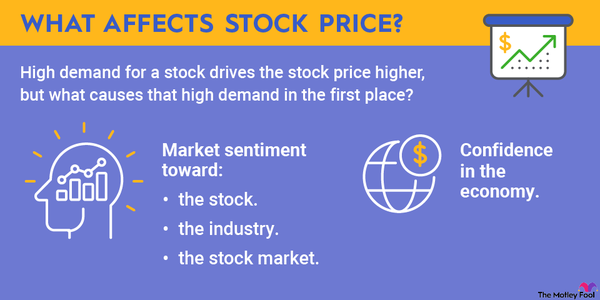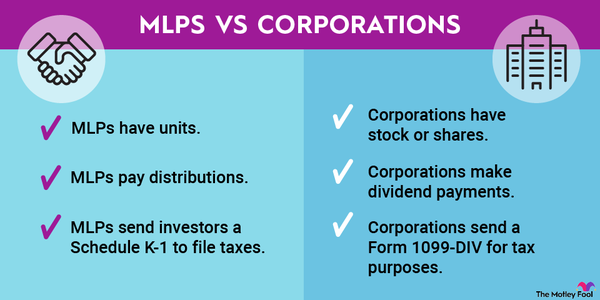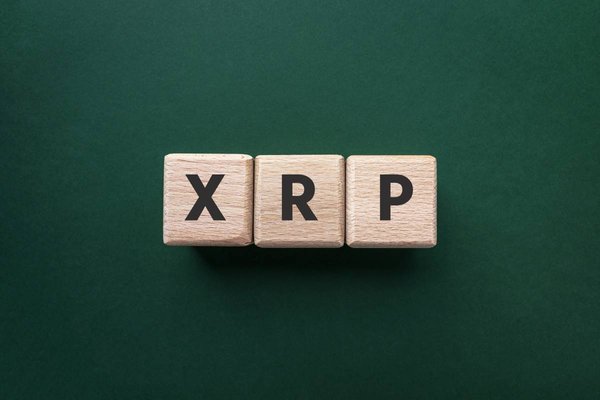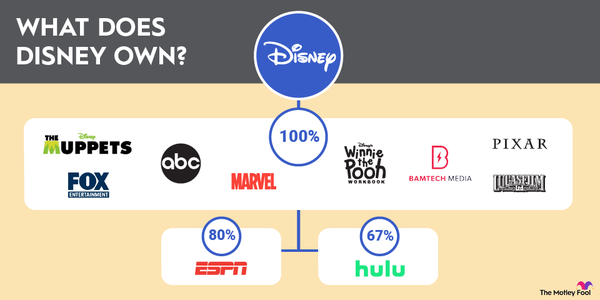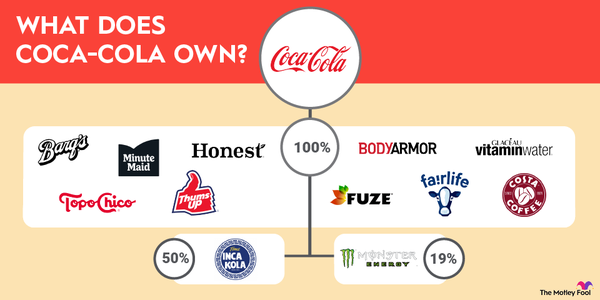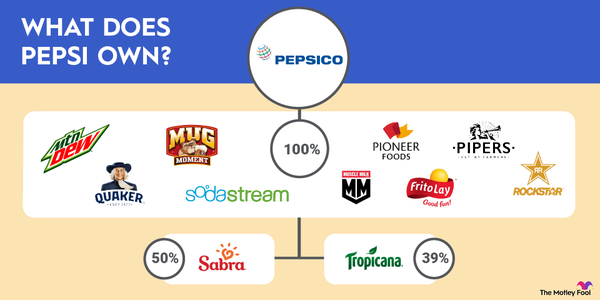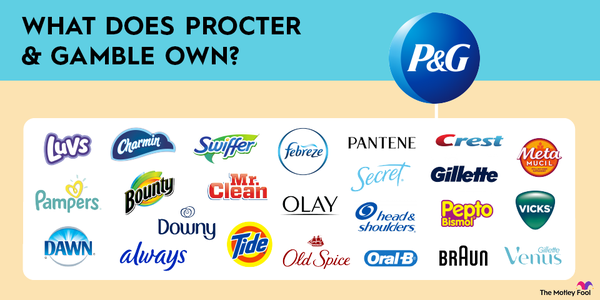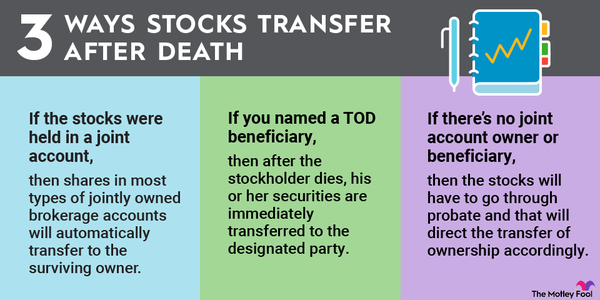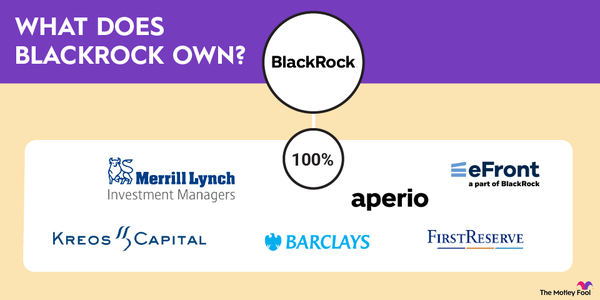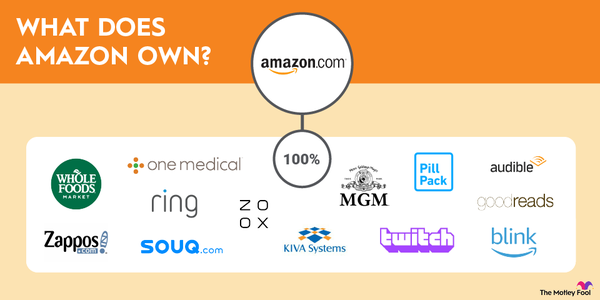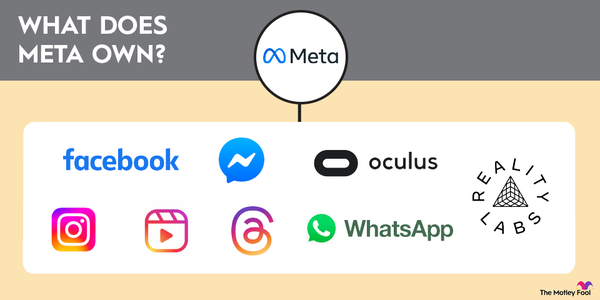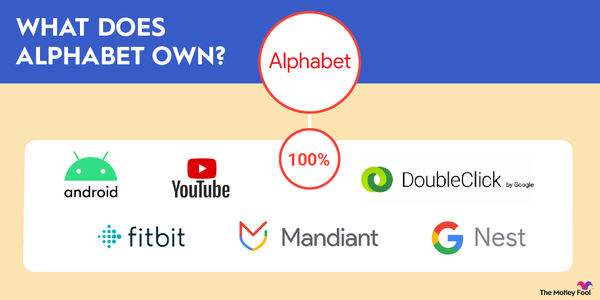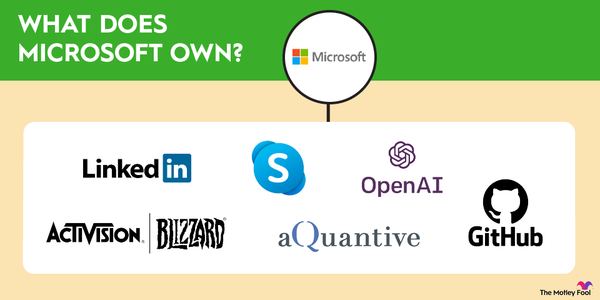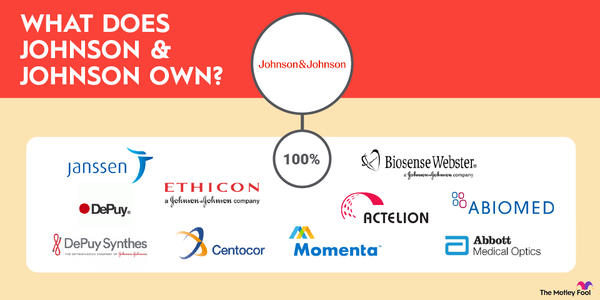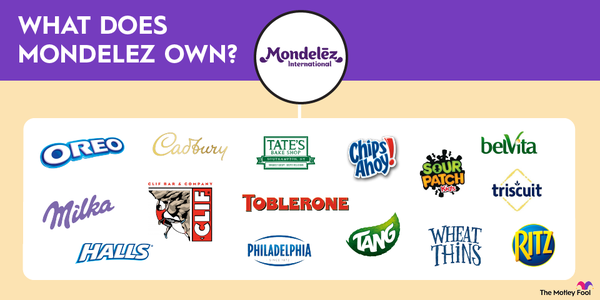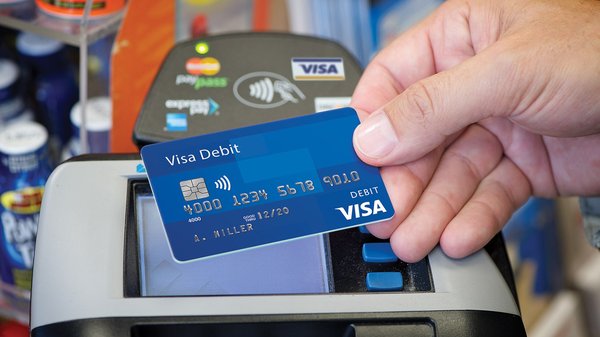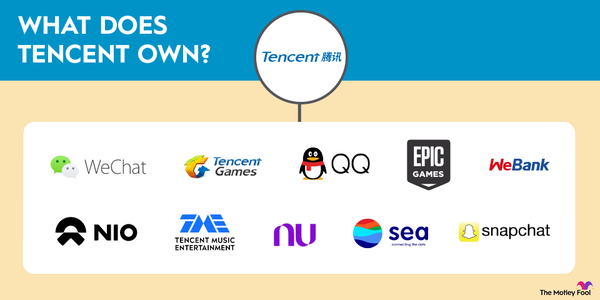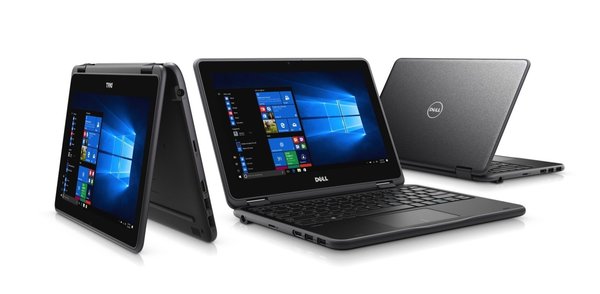Many people want to know how to invest in Etsy (ETSY -0.58%), and it's easy to see why. The online retailer has built a strong brand as the leading marketplace for handmade products.
However, while Etsy's stock delivered incredible returns in 2020 and 2021, it has been up and down since then. In this guide, we'll show you how to invest in Etsy and go over its pros and cons as an investment.
How to invest
How to buy Etsy stock
Since Etsy is a publicly traded company, you can invest in it through any brokerage account. Here's how to buy Etsy stock:
- Log in to your brokerage account, or sign up for an account if you don't have one yet.
- Select the option to place a trade.
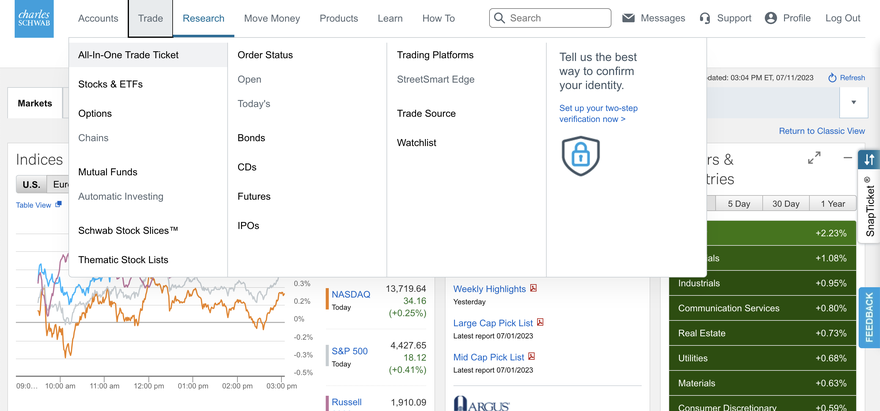
3. Enter the ticker symbol: ETSY.
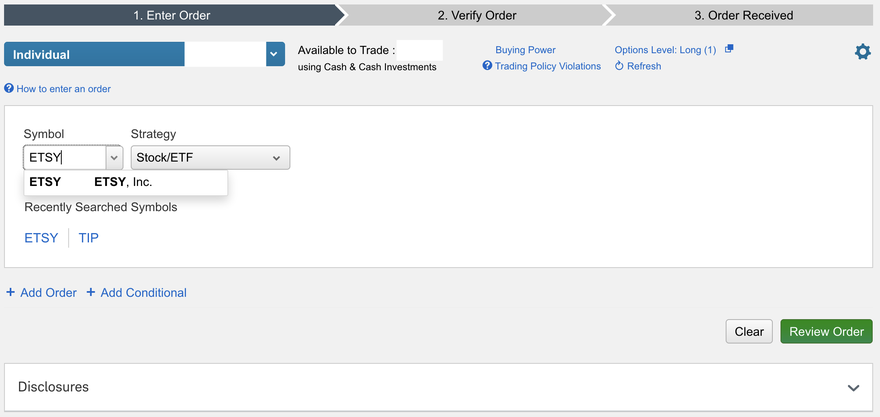
4. With the stock information pulled up, choose the option to place a buy order, enter how many shares to buy, and select the type of order (market, limit, etc.)
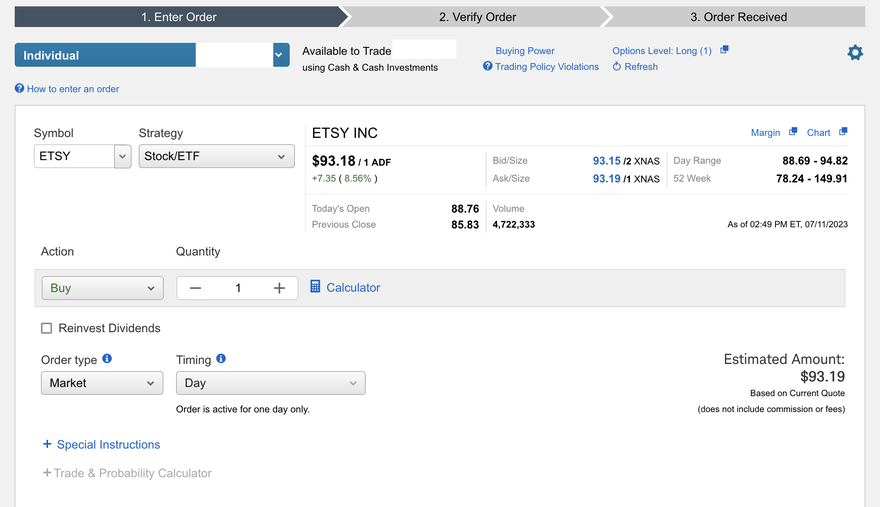
5. Review the order details. When you're ready, confirm your order.
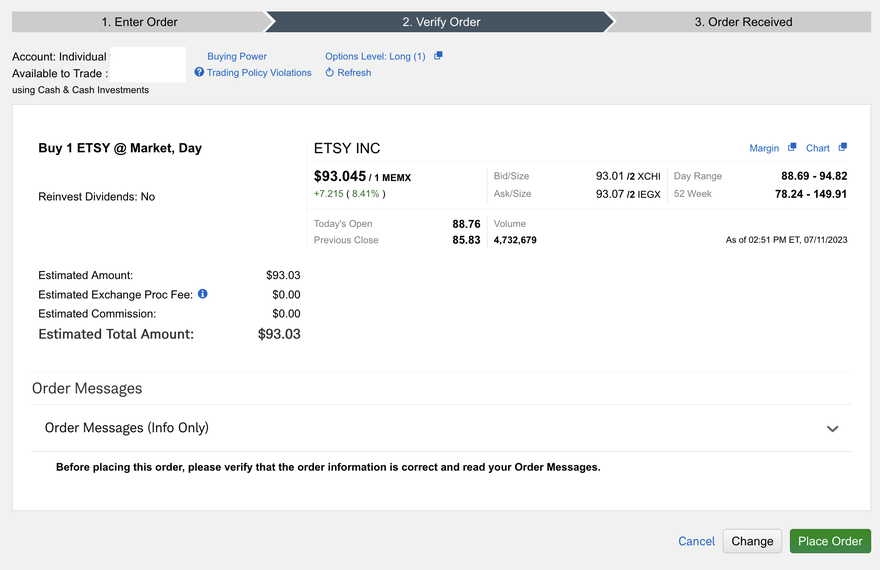
The screenshots show how to buy Etsy stock with a Charles Schwab account. But you'll follow the same general process using any broker's platform.
Should I invest?
Should I invest in Etsy?
Etsy looked like an exciting investment opportunity a few years ago, but it hasn't lived up to expectations. Growth has been hard to come by since 2021, as the online retailer has taken some big swings that haven't paid off.
Over the first half of 2024, Etsy's revenue increased year over year by 1.9%, continuing a trend of slow revenue growth. More worryingly, net income decreased by 15%.
Etsy invested heavily in a few big-name acquisitions starting in 2019. These included:
- Reverb: An online marketplace for new and used musical gear, acquired by Etsy in 2019.
- Depop: An online marketplace for used and vintage apparel that's popular with Generation Z, acquired by Etsy in 2021.
- Elo7: An online marketplace in Brazil with a similar focus on unique and handmade goods, acquired by Etsy in 2021.
Unfortunately, these investments didn't work out well. Etsy took a goodwill impairment charge of $1 billion only one year after the purchases of Depop and Elo7, indicating that CEO Josh Silverman overpaid. And it ended up selling Elo7 less than three years after buying it.
To its credit, Etsy has built a powerful brand with its focus on unique items. It's not just another online retailer competing with Amazon (AMZN 1.34%). It also has a key advantage over most competitors in that Etsy sellers handle order fulfillment. While other retailers need to deal with product storage and shipping, Etsy doesn't. That allows it to run a capital-light business and turn most of its earnings into free cash flow.
Etsy's leadership has also done a good job of improving customer experience. It started investing in artificial intelligence (AI) earlier than most companies, with its 2016 acquisition of Blackbird Technologies, a startup that developed algorithms for natural language processing and other AI elements.
Overall, Etsy looks like a solid business, but only an average investment at best. It's unlikely to see more explosive growth on its current trajectory, especially as its number of active buyers has been stuck in neutral since 2021. Here's a look at Etsy's active buyer and seller numbers over the last five years:
| Year | Active buyers | Active sellers |
|---|---|---|
| 2019 | 46.35 million | 2.70 million |
| 2020 | 81.90 million | 4.37 million |
| 2021 | 96.34 million | 7.52 million |
| 2022 | 95.08 million | 7.47 million |
| 2023 | 96.48 million | 9.04 million |
Profitability
Is Etsy profitable?
Etsy is largely a profitable company. Its net income was $307.57 million in 2023. It was also profitable for five straight years from 2017 through 2021.
The exception was in 2022 when Etsy posted a net income loss of $694.27 million. That was due to a one-time goodwill impairment charge of $1 billion for its acquisitions of Depop and Elo7. The goodwill impairment charge suggests that it overpaid for those companies.
Here's a look at Etsy's net income over the last five years. While it was already on the way up, its income exploded during the pandemic as people at home spent more on online shopping.
Net Income
| Year | Net income |
|---|---|
| 2019 | $95.89 million |
| 2020 | $349.27 million |
| 2021 | $493.51 million |
| 2022 | ($694.29 million) |
| 2023 | $307.57 million |
Dividends
Does Etsy pay a dividend?
Etsy doesn't pay a dividend. It hasn't paid a dividend before, and since it's a growth stock, it probably won't pay them in the future. If you're interested in receiving dividends, check out our list of top dividend stocks to find quality options.
ETFs
ETFs with exposure to Etsy
There are many exchange-traded funds (ETFs) that hold Etsy. These are a good choice for those who prefer more passive investing over actively picking stocks and managing your portfolio. If you're looking for an ETF with substantial exposure to Etsy, here are a few options:
Exchange-Traded Fund (ETF)
Stock splits
Will Etsy stock split?
Etsy hasn't announced any plans for a stock split. It also hasn't split its stock before, even when its share price increased by almost 700% between 2020 and 2021.
There's no way of predicting if and when a company will split its stock. One of the most common reasons that companies do so is when the share price has increased significantly. By splitting its stock, a company can lower the share price, potentially attracting more retail investors.
So, we can't say with any certainty whether Etsy will split its stock. But it would most likely happen if its share price begins climbing rapidly.
Related investing topics
The bottom line on Etsy
There are still reasons to be optimistic about Etsy as an investment. It has built a recognizable brand name in a popular niche. By placing order fulfillment in the hands of its sellers, Etsy is also able to avoid some of the most common costs that online stores have, including storage and shipping.
The fact that Etsy's share price has decreased in the last few years means you won't need to pay a premium for it. Of course, part of the reason it's affordable is because it hasn't been meeting expectations.
Some investors still see Etsy as one of the better growth stocks. If you feel the same, this could be a buying opportunity. Just make sure to take a cautious approach.
Keep in mind that like other consumer discretionary stocks, Etsy is highly dependent on the economy. During periods of economic uncertainty and high inflation, it likely won't be as successful. It does best when people have plenty of disposable income and aren't afraid to use it.
FAQ
Investing in Etsy FAQ
Can you invest in Etsy stock?
Yes, you can invest in Etsy stock. To invest, search for the stock using the name or ticker (ETSY) in your brokerage account.
Is Etsy a good company to invest in?
Etsy hasn't performed well as an investment recently. While it has built a strong brand as the leading e-commerce platform for handmade goods, growth has been slow, and it likely overpaid when it bought Depop and Elo7 in 2021.
Is Etsy profitable?
Yes, Etsy is a profitable company. It reported net income of $307.57 million in 2023, and it was also profitable from 2017 to 2021. It posted a large loss of nearly $700 million in 2022, but that was due to its acquisitions of Depot and Elo7.
John Mackey, former CEO of Whole Foods Market, an Amazon subsidiary, is a member of The Motley Fool’s board of directors. Lyle Daly has no position in any of the stocks mentioned. The Motley Fool has positions in and recommends Amazon, Etsy, and Vanguard Index Funds - Vanguard Total Stock Market ETF. The Motley Fool has a disclosure policy.




































